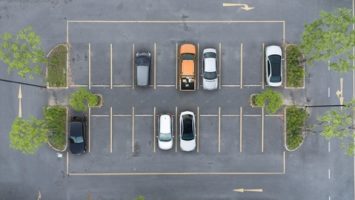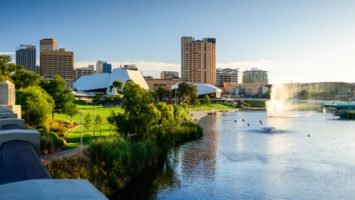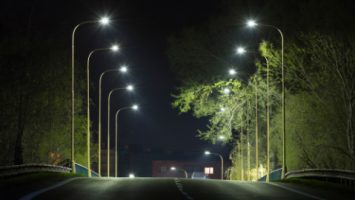
Researchers from the Connected Communities Research Lab at the Lancaster University Management School in Great Britain are proposing ways IoT technology could enhance and protect British National Parks. Professor Edward Truch, a Director of the lab, is the lead author of the Smart Parks: Bringing smart technologies to National Parks report, commissioned by the Lake District National Park Authority.
In many parts of the world, connected electronic devices already help park rangers track poachers, monitor water levels, and gather data about endangered wildlife. The parks can benefit too. Sensors could eventually inform park personnel about trail conditions or gather information about how trees and plants respond to climate change. Full garbage cans could notify personnel when they are full, and bathrooms could report when they are out of soap or toilet paper. All of this connectivity could make park operations easier and less expensive.
The new vision of a ‘Smart Park’ identifies potential solutions for the main challenge facing rural national parks – efficient and reliable internet connectivity. New and emerging networks are offered as solutions to the problem, such as cognitive radio technology.
“National Parks are under increasing pressure to deliver more for less and with population booms, visitor numbers are increasing, putting greater strain on the natural environment,” says Truch. “The Smart Park model demonstrates how a high degree of connectivity and exchange of information can benefit all. Research suggests there will be exponential growth in the number of worldwide devices connected to the internet over coming years, growing from 4.9bn in 2015 to around 25 billion in 2025. National Parks need to act now and seriously consider these innovative technologies to better protect the environment and keep pace with future visitor expectations.”


